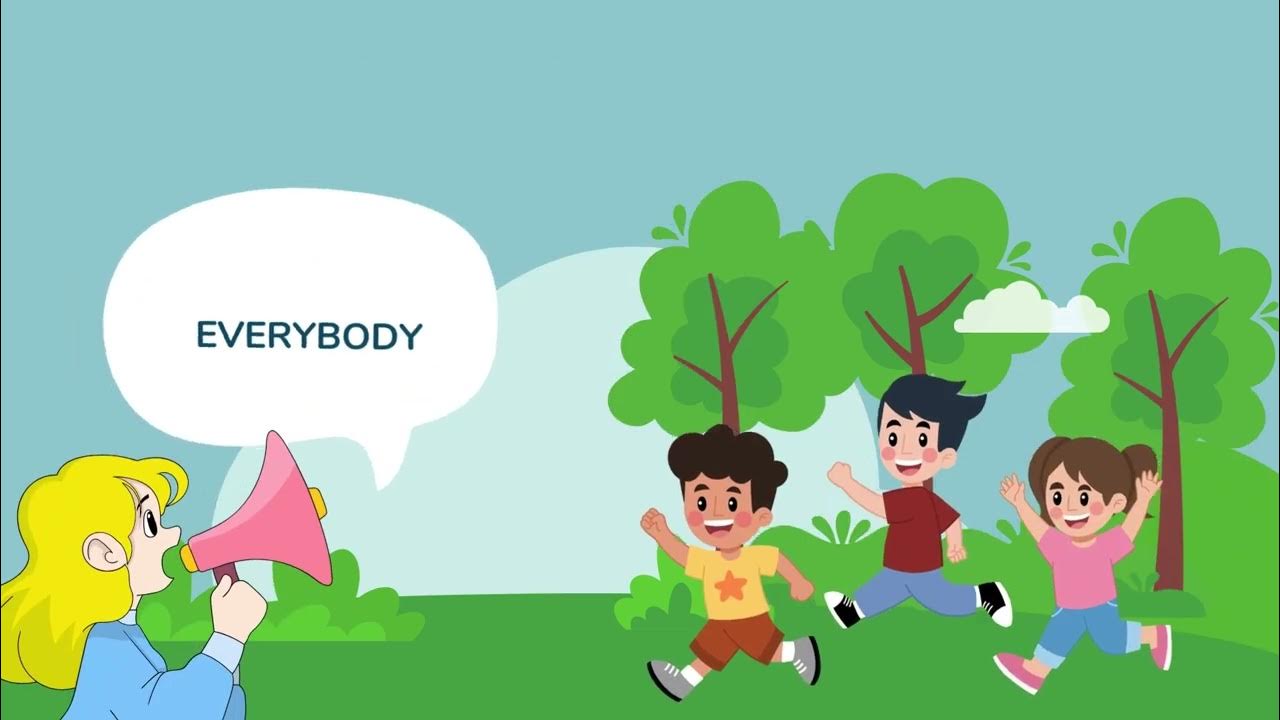Kuliah AIK 3 [5] Dakwah
Summary
TLDRThis script explores the concept of dakwah (inviting others to goodness) in Islam, highlighting that it can be both verbal and non-verbal. It emphasizes that everyone, regardless of their religious expertise, has a responsibility to spread dakwah, starting with themselves and their families. The speaker references key Quranic verses and the importance of spreading knowledge, while also touching on the role of organizations like Muhammadiyah in ensuring dakwah reaches wider communities. The script also suggests adapting dakwah strategies to modern times, using media and technology to connect with newer generations.
Takeaways
- 😀 Dakwah is the act of calling or inviting others, which can be done verbally or nonverbally.
- 😀 A person who performs dakwah is called a Dai or Da'iyah, and anyone who conveys a message to guide others towards goodness can be considered a Dai.
- 😀 Dakwah can take various forms, including verbal communication such as speeches or writings, and nonverbal actions such as charity or providing help.
- 😀 Dakwah is an individual responsibility for all Muslims, not just religious leaders or scholars, and it begins with oneself.
- 😀 A key principle of dakwah is to begin with oneself before calling others to goodness, as emphasized by the teachings of Islam.
- 😀 Every Muslim, including parents, has a duty to guide their family towards righteousness, with fathers expected to guide their children and mothers being their children's first teachers.
- 😀 A simple act of sharing knowledge, such as teaching a short prayer or explaining a beneficial practice, can count as dakwah.
- 😀 Dakwah does not require deep religious expertise, and even simple acts or small pieces of knowledge can have great impact.
- 😀 Those who engage in dakwah are regarded highly in Islam, as it is a form of calling people to the path of righteousness and is considered a noble and rewarding act.
- 😀 Dakwah through organized efforts, such as through organizations like Muhammadiyah, ensures that the message continues even after the leader's death, providing long-lasting benefits.
- 😀 Modern methods, such as using social media, music, film, and other engaging platforms, are important in reaching younger generations while ensuring that the essence and substance of dakwah are preserved.
Q & A
What is the meaning of 'dakwah' in Arabic?
-In Arabic, 'dakwah' means to call or invite others, either verbally or nonverbally, to goodness or righteousness. The person performing dakwah is called a 'Dai' or 'Da'iyah'.
What are some examples of dakwah methods besides verbal communication?
-Dakwah can be done through writing, charity, and other forms of nonverbal actions, as long as they are aimed at inviting others to goodness.
What is the difference between 'fardhu ain' and 'fardhu kifayah' in relation to dakwah?
-'Fardhu ain' refers to individual obligatory duties, while 'fardhu kifayah' refers to collective obligations. Dakwah is considered both, where every Muslim has a duty to engage in it, but those with more knowledge and expertise in religion carry a larger responsibility.
What is the significance of the verse from Surah An-Nahl (16:125) about dakwah?
-This verse instructs Muslims to invite others to the path of Allah with wisdom, good advice, and pleasant arguments, emphasizing that dakwah is a duty for all Muslims.
Why is it important for Muslims to start dakwah with themselves?
-Dakwah begins with oneself to ensure that one practices what they preach. Every individual Muslim has a responsibility to first cultivate goodness in themselves before spreading it to others.
How does the role of a father relate to dakwah in a family?
-A father has a responsibility to guide his family members, particularly his wife and children, to goodness, which is a form of dakwah within the family unit.
What did the Prophet Muhammad (SAW) say about sharing knowledge in dakwah?
-The Prophet Muhammad (SAW) said, 'Convey from me, even if it is just one verse.' This highlights that spreading even small amounts of beneficial knowledge is a form of dakwah.
What are the rewards for engaging in dakwah according to the Qur'an?
-In Surah Al-Imran (3:110), Allah praises those who engage in dakwah, calling them the 'best of nations.' Similarly, in Surah Fussilat (41:33), Allah asks, 'Who is better in speech than one who invites to Allah and does righteous deeds?'
What is the relationship between speech and action in dakwah?
-For dakwah to be effective, the speaker's actions must align with their words. In Surah As-Saff, Allah condemns those who preach without practicing what they say, calling it a great sin.
Why is dakwah through organizations emphasized in the script?
-Dakwah through organizations ensures the message is structured, systematic, and reaches a broader audience. It also ensures continuity even after the death of a key figure, as demonstrated by the example of Muhammadiyah and Kyai Haji Ahmad Dahlan.
Outlines

This section is available to paid users only. Please upgrade to access this part.
Upgrade NowMindmap

This section is available to paid users only. Please upgrade to access this part.
Upgrade NowKeywords

This section is available to paid users only. Please upgrade to access this part.
Upgrade NowHighlights

This section is available to paid users only. Please upgrade to access this part.
Upgrade NowTranscripts

This section is available to paid users only. Please upgrade to access this part.
Upgrade NowBrowse More Related Video

The Nature of Communication

Los TIPOS DE LENGUAJE: cuáles son, características y ejemplos💬

Interpersonal communication: Types, Importance, and 7 ways to master Interpersonal Communication?

CROSS CULTURAL UNDERSTANDING_GROUP VIRGO

Etika Dakwah bil-Lisan (Efektivitas Dakwah Bil-Lisan terhadap Jamaah)

What is verbal irony? - Christopher Warner
5.0 / 5 (0 votes)